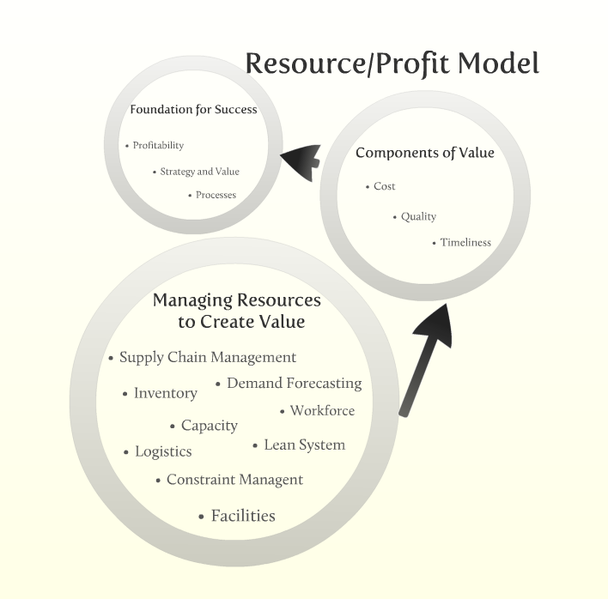“The sharing economy is not an alternative to capitalism, it’s the ultimate end point of capitalism in which we are all reduced to temporary labourers and expected to smile about it because we are interested in the experience not the money. Jobs become ‘extra money’ just like women’s jobs used to be ‘extra money’, and like those jobs they don’t come with things like insurance protection, job security, benefits — none of that old economy stuff. But hey, you’re not an employee, you’re a micro-entrepreneur. And you’re not doing it for the money, you’re doing it for the experience. We just assume you’re making a living some other way.”—Tom Slee
“Things that require a network effect, after they get it, are in a super leveraged position that they can cash in.”—octaveguin
“We should consider it a point of pride that we are no longer all forced to live under the permanent supervision of our families. That the current Great Recession has made independence unobtainable for many of the current generation should be regarded with horror by anyone concerned with feminism and individual freedom, and yet another reason to demand immediate economic justice.”—Alice Raizel
 “And to the extent that those power imbalances are an inevitable result of free competition iterated over generations from moderately unequal beginnings, there can be no freedom under an ideology of absolute freedom. Freedom must be tempered with active rebalancing of economic and political power, in order to preserve enough equality for any freedom to exist at all.”—Tiercelet
“And to the extent that those power imbalances are an inevitable result of free competition iterated over generations from moderately unequal beginnings, there can be no freedom under an ideology of absolute freedom. Freedom must be tempered with active rebalancing of economic and political power, in order to preserve enough equality for any freedom to exist at all.”—Tiercelet
